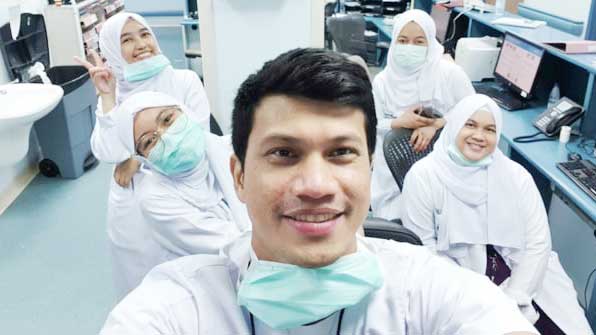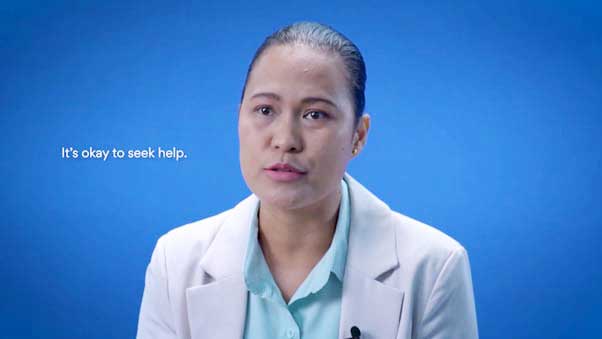For many Filipino families, going abroad isn’t just a career move, it’s a lifelong dream. It’s the promise of a better life: children in good schools, parents finally able to retire, and a home that stands as a symbol of all the sacrifices made. For countless healthcare workers in the Philippines, this dream is powered by long hours, unwavering grit, and the hope that one day, their skills will take them beyond borders.
But taking that first step toward a global career often means facing an intimidating hurdle – proving your English language proficiency. And for healthcare workers, this is not about mastering just any English, but the kind that reflects how they actually care for patients every day. This is where the Occupational English Test (OET) comes in.
Unlike general English tests, the OET Test is purpose-built for healthcare. Designed with the help of healthcare experts and backed by years of research, it reflects the real clinical communication scenarios professionals face at work.
“The OET Test isn’t just about passing, it’s about preparing Filipino healthcare workers for real-world practice abroad,” said Jaime Cortes, Chief Executive Officer of OET. “We know what’s at stake for every candidate: a chance to uplift their families, pursue their calling, and thrive in a global setting. That’s why we’ve made it our mission to support them with the right tools and a test that speaks their professional language.”
The OET Test is accepted by regulators and employers across major destination countries including the United States, United Kingdom, Canada, Australia, and New Zealand. In the U.S., it is now officially recognized for nursing licensure applications in five of the top states: Florida, Texas, New York, Illinois, and New Jersey, making it a gateway for Filipino nurses pursuing American dreams.
For Amir Macalunas, a Filipino registered nurse, taking the OET Test was a pivotal point for him in being able to apply for a role in the United States. Amir has extensive experience as a nurse – from working in rural outreach in the mountains and then later in Saudi Arabia, where he worked for 10 years.
Amir has most recently undertaken the OET Test and passed on his very first attempt – a step that will be of paramount importance when trying to secure a role in the US.
“I knew the agency I was working with in the US would require my OET Test results before beginning to process my visa paperwork, so I joined a one-on-one coaching program. It helped so much, especially in reading and speaking,” he shared. “They corrected my mistakes, guided me. I took every session seriously.”





